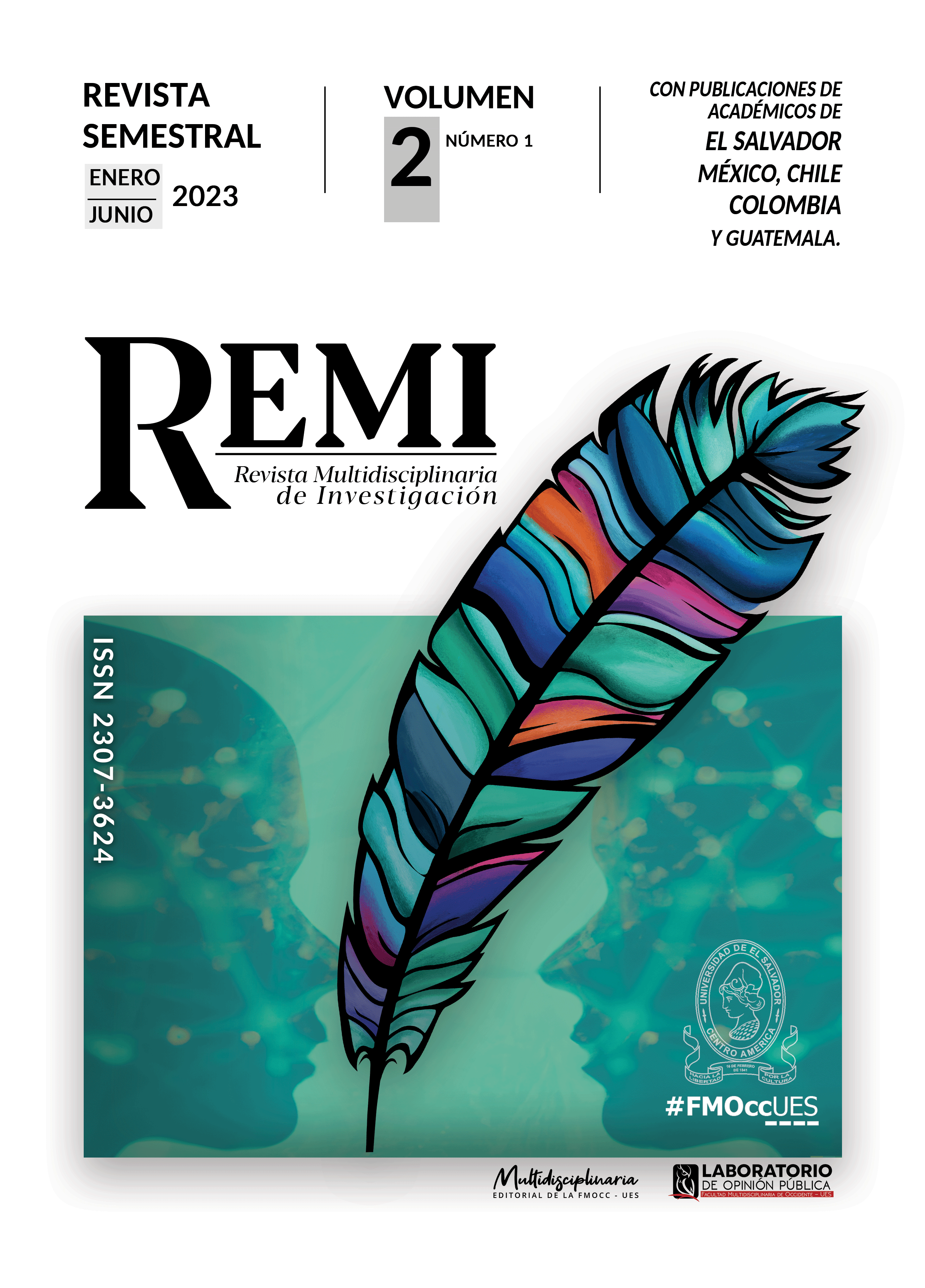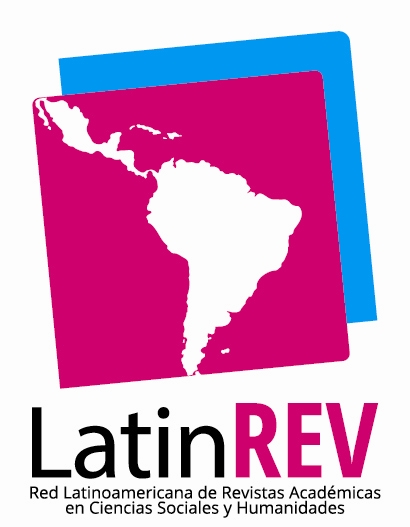Cultura estética, cultura en Salud: un diálogo de saberes más allá de la precisión terminológica
DOI:
https://doi.org/10.5281/zenodo.8339386Palabras clave:
educación, pedagogía, estética, saludResumen
La salud es parte fundamental de la vida del ser humano, y está ligada fuertemente con la belleza, existe una relación muy estrecha entre verse y sentirse bien, proyectar bienestar, gozar de excelente estado físico, mental y social; ya que esto, permite que el sujeto interactúe de manera plena y eficiente en las diferentes esferas sociales. Al ser la escuela una de las principales agencias socializadoras para el logro de la salud, belleza y cultura, recae una gran responsabilidad en el profesional de la pedagogía, para trazar una serie de lineamientos que permitan desarrollar en el estudiantado la cultura estética y cultura en salud, creando consciencia de cómo estos dos elementos permiten el desarrollo pleno e integral del ser humano.
Descargas
Referencias
Ares, P. (2013). Una mirada al modelo cubano de bienestar. Granma.
Diaz, J. (2002). La belleza es salud: la medicalización lingüística de la publicidad de los cosméticos. Contextos, 37-40, pp. 109-121. http://hdl.handle.net/10261/3664
Gandhi, M. (1925). Scheme for Cow Protection. Ahmedabad. Navajiman.
Hernández, O. (06 de septiembre de 2006). Meditaciones (más o menos rencorosas) sobre la belleza. Afro Cuba Web. https://www.afrocubaweb.com/orlandohernandez.htm
Lopez, I., Ubals, J. (2011). ¿ES POSIBLE UNA ESTETIZACIÓN DEL ENTORNO UNIVERSITARIO? UNA METODOLOGÍA PARA LA FORMACIÓN DE LA CULTURA ESTÉTICA EN EL PROFESIONAL DE LAS CIENCIAS PEDAGÓGICAS. En Fabelo, J., Canet, M. La estética y el arte a debate (I). pp. 50-56. Benemérita Universidad Autónoma de Puebla
Marx, C. (1841). Diferencia entre la filosofía de la naturaleza de Demócrito y Epicuro. Asuyo.
Organización Mundial de la Salud. (2014). Documentos Básicos. https://apps.who.int/gb/bd/PDF/bd48/basic-documents-48th-edition-sp.pdf
Pogolotti G. (31 de diciembre de 2013). En busca de la felicidad. CUBADEBATE Por la Verdad y las Ideas. http://www.cubadebate.cu/opinion/2013/12/31/en-busca-de-la-felicidad/
Pupo R. (2006). El hombre, la actividad humana, la cultura y sus mediciones fundamentales. Sociedad Económica de Amigos del País.
Sanchez, A. (1973). Filosofía de la praxis. Grijalbo.
Ubals, J. (2011). La formación de una cultura estética en el profesional de la educación desde su formación inicial. EduSol, 11(34), pp. 50-56.
Urra, I., Urra, L., y Jiménez, L. (2018). La educación estética: una mirada desde la formación profesional pedagógica. Atenas, 2(42), pp. 1-9.
Ubals, J. (2009) Educación Estética y Educación Artística: un dialogo no agotado desde la “infinitud cercana. www.monografias.com/trabajos34/educacion-estetica/educacion estetica.shtml
Ubals, J. (2011). El Logro de una cultura estética a partir de una triangulación epistémica en la formación de docentes. Odiseo, 9 (17). https://odiseo.com.mx/bitacora-educativa/el-logro-de-una-cultura-estetica-a-partir-de-una-triangulacion-epistemica-en-la-formacion-de-docentes/
Publicado
Número
Sección
Licencia

Esta obra está bajo una licencia internacional Creative Commons Atribución-NoComercial 4.0.








